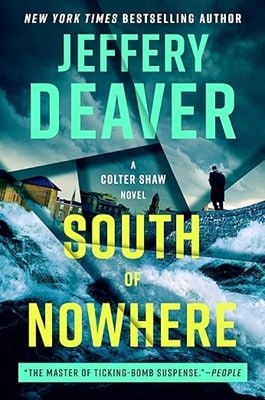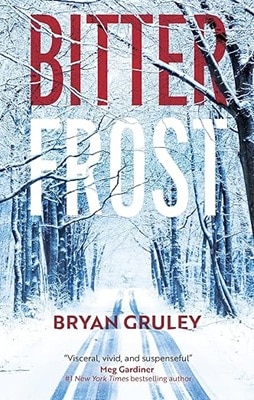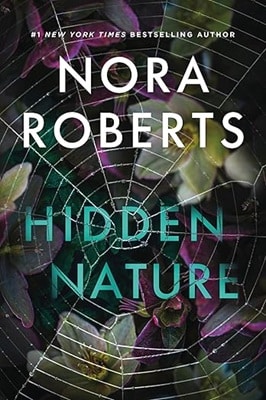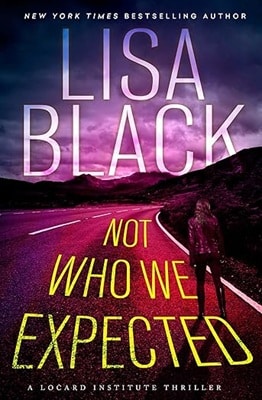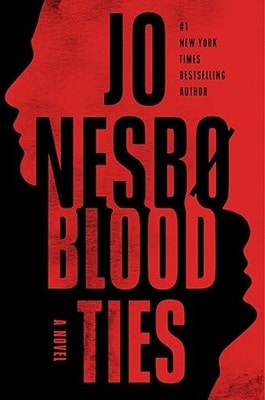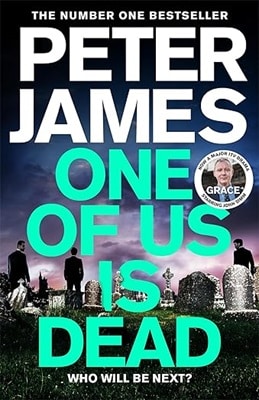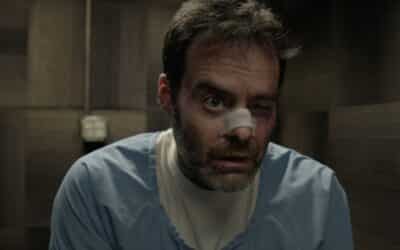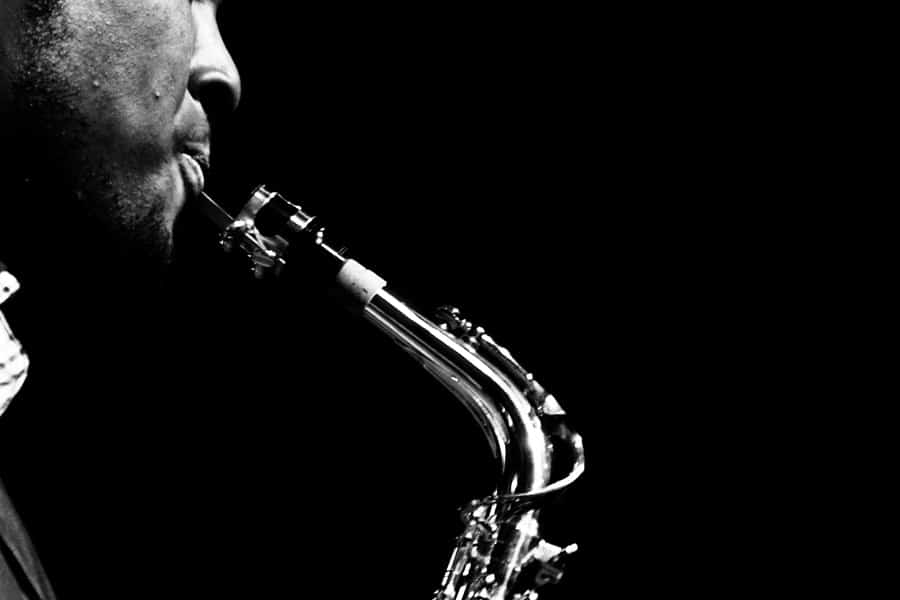
Crime-Solving Musicians
Let’s dive into the curious, yet compelling world of crime-solving musicians. Far from the conventional detective, these maestros of melody use their unique talents to untangle mysteries that leave even the keenest investigators stumped. From the sultry jazz clubs to the grandeur of classical concert halls, crime doesn’t stand a chance when these tuneful sleuths are on the case.
The intersection of music and mystery is not a new phenomenon. Think about Edgar Allan Poe’s “The Murders in the Rue Morgue,” often cited as the first detective story. Poe, a lover of complex rhythms in his poetry, laid the groundwork for characters who use unconventional skills, including musical prowess, to solve crimes. But it’s not just about the old classics; contemporary literature and screen adaptations have taken this concept to new heights.
Take the case of the charismatic jazz pianist and amateur sleuth, Alex Cross, created by James Patterson. In books like “Along Came a Spider” and “Kiss the Girls,” Cross’s deep understanding of jazz helps him decode the rhythms of criminal minds. His musical intuition becomes an unspoken character, guiding him through the darkest corners of human nature. Patterson’s novels have been adapted into films, bringing a new dimension to the crime-solving musician trope.
Then there’s the intriguing story of Tia Norwood, a fictional jazz singer-turned-detective in Rachel Howzell Hall’s “They All Fall Down.” Norwood’s keen ear for music translates into an acute ability to listen, a skill paramount in her investigative journey. Hall’s narrative weaves a tapestry of suspense, where music and mystery harmonize in unexpected ways.
Screen adaptations have also embraced this theme. Consider “The Bone Collector,” based on the novel by Jeffrey Deaver, where the protagonist uses his knowledge of classical music to unravel clues. The film adaptation, starring Denzel Washington, captures the essence of how a detective’s musical background can become central to the unfolding of the plot.
Moving to the realm of television, “The Wire,” although not predominantly about musicians, subtly integrates the lives of street-level characters who find solace in music. This HBO series demonstrates how music can be both a refuge and a tool in understanding the complex web of urban crime.
The world of crime-solving musicians is not limited to jazz and classical genres. Rock and roll finds its place in the mix with characters like Mickey Haller from Michael Connelly’s “The Lincoln Lawyer.” Haller, with a penchant for rock music, uses his eclectic taste to fuel his unconventional methods in solving cases. The recent Netflix adaptation adds a visual and auditory layer to Haller’s rock-infused detective work.
Beyond the confines of fiction, real-life musicians have also dabbled in detective work. Consider the legendary Johnny Cash, whose interest in law enforcement led him to be deputized in several U.S. counties. Cash’s deep voice and imposing presence made him a natural in this role, demonstrating how life can sometimes imitate art.
The concept of crime-solving musicians also finds resonance in the world of graphic novels. “The Sandman,” created by Neil Gaiman, features characters who use music as a means to navigate through mystical and criminal realms. The auditory experience, though imagined in a reader’s mind, plays a crucial role in unraveling the narrative’s mysteries.
These stories, whether rooted in reality or blossoming from the depths of imagination, highlight a fascinating blend of two seemingly disparate worlds. The crime-solving musician, whether a jazz pianist, a rock guitarist, or a classical virtuoso, brings a unique perspective to the detective genre. Their ability to listen, to understand the unspoken language of music, often becomes their greatest tool in deciphering the cacophony of the criminal world.
The charm of these characters lies in their ability to use their art to confront the discord of crime. They don’t rely on the typical arsenal of a detective; instead, they tune into the subtleties of sound, rhythm, and melody to unlock mysteries. In doing so, they remind us that sometimes the most effective solutions come from the most unexpected places.
As the curtain falls on this exploration, it’s clear that the harmony between music and mystery is more than just a literary device. It’s a testament to the power of unconventional thinking in solving life’s enigmas. Crime-solving musicians, in their quest to restore harmony, strike a chord that resonates beyond the pages and screens, echoing in the hearts of mystery and music lovers alike
More Thrillers
advertisement
Crime Thriller Features
Crime Thriller Setting
Why Is Setting Important in a Crime Thriller?
Killers for Hire
The best killers for hire in fiction
Campus Crime Thrillers
The Secret History, Brick, and Other Campus Crime Thrillers

